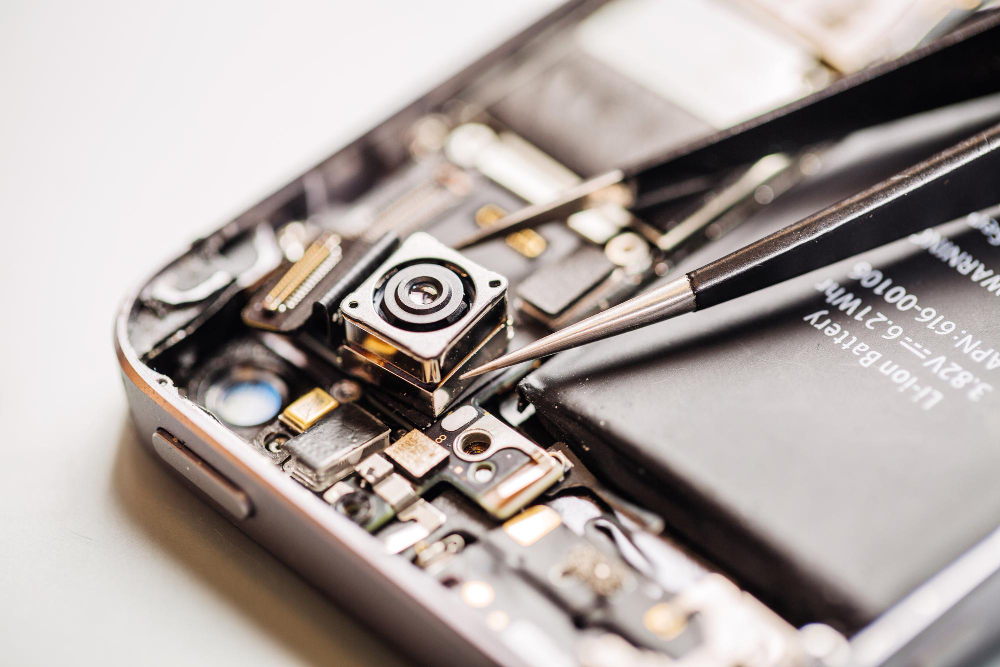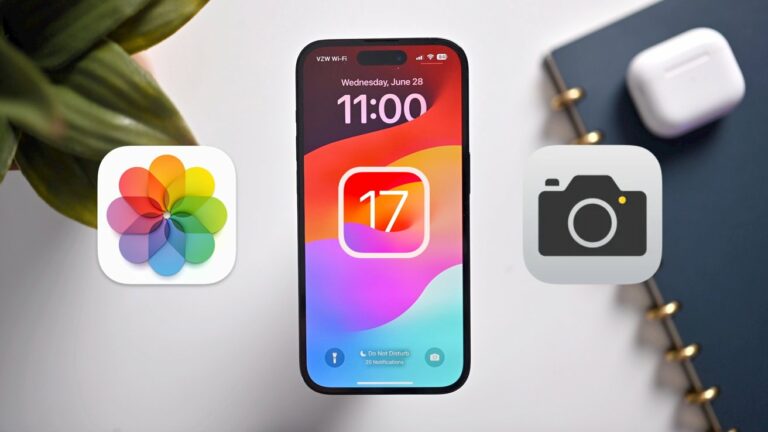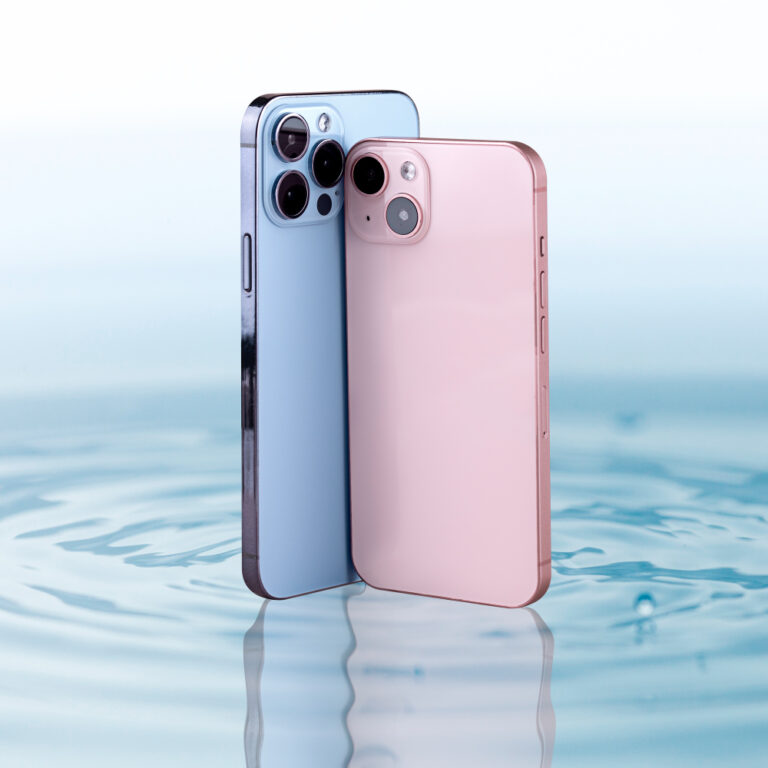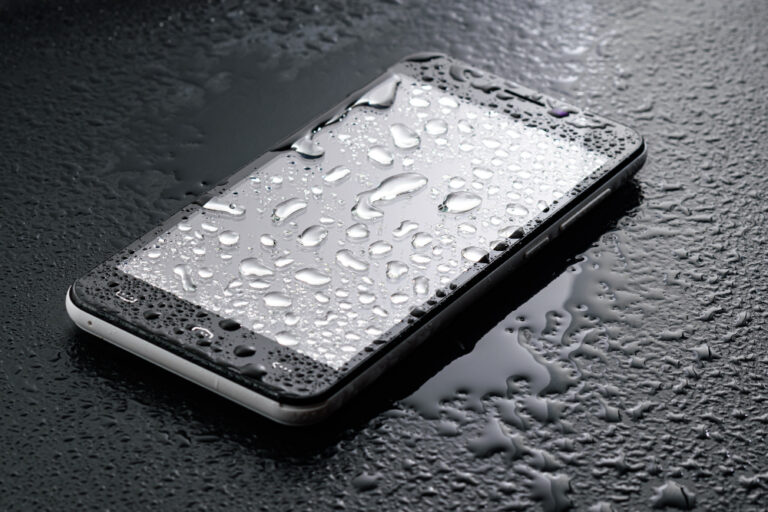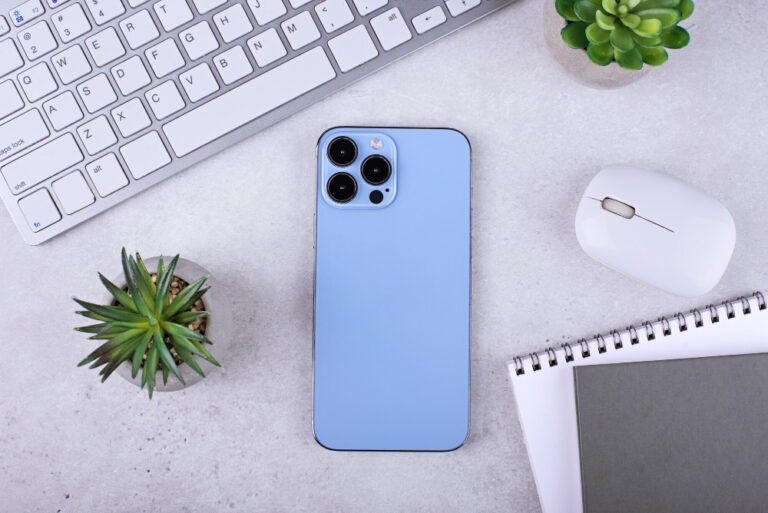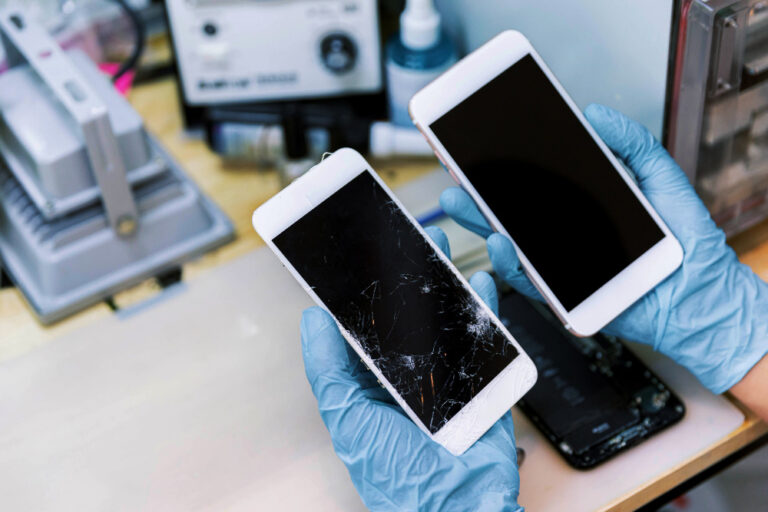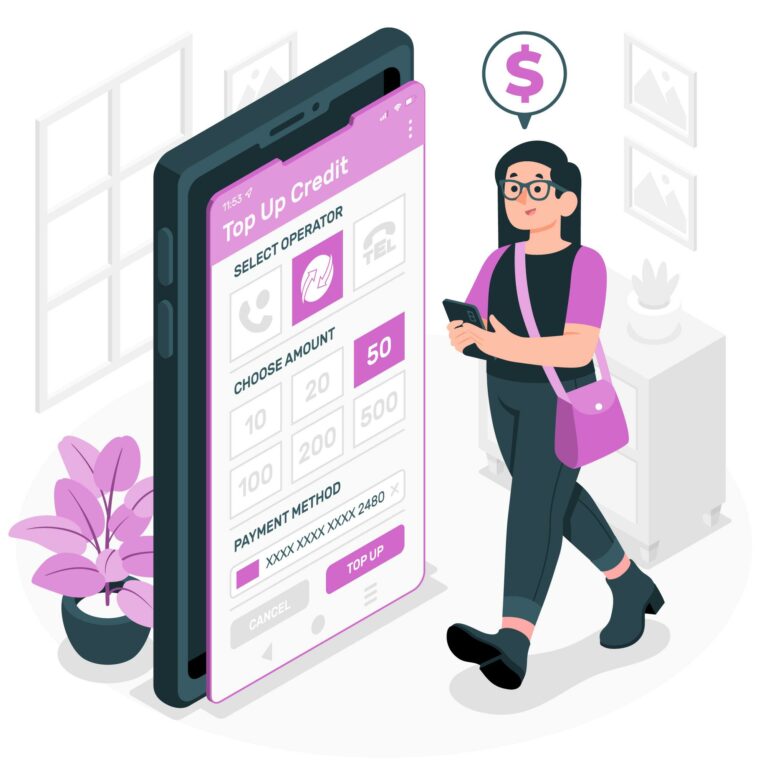Why Some Sellers Sell iPhone for Very Cheap
In the world of smartphones, the iPhone is a status symbol, a luxury item, and a reliable piece of technology all rolled into one. But have you ever wondered, “Why do some sellers sell iPhones for very cheap?” If you’ve ever been tempted by a deal that seems too good to be true, this article is for you. We’ll explore the reasons behind these low prices, including refurbished models, repairs with cheap parts, used iPhones, replicas, iCloud locked phones, and blacklisted phones.
Refurbished iPhones: A Second Lease on Life
Refurbished iPhones are one of the most common reasons for low-priced iPhones. But what does refurbished mean? In essence, a refurbished iPhone is a pre-owned device that has been cleaned, repaired, and tested to ensure it meets the quality standards of a new iPhone.
Refurbished iPhones can come from a variety of sources. Some are returned by customers under warranty due to minor issues, while others are traded in for upgrades. These devices are then inspected, repaired if necessary, and resold at a lower price.
However, it’s important to note that not all refurbished iPhones are created equal. The quality of a refurbished iPhone can vary depending on who refurbished it. Apple’s own refurbished iPhones, for example, are known for their high quality and come with a one-year warranty. On the other hand, iPhones refurbished by third-party sellers may not meet the same standards and can be a gamble.
Repaired with Cheap Parts: Cutting Corners to Cut Costs
Another reason for cheap iPhones is the use of inexpensive parts for repairs. Some sellers may replace damaged components of an iPhone with cheaper, often inferior, parts to save on costs. This can significantly reduce the price of the iPhone, but it can also affect its performance and lifespan.
For instance, a common repair is replacing a cracked screen. While an original iPhone screen can be costly, some sellers use cheaper, third-party screens. These screens may not have the same quality, durability, or color accuracy as the original screen. Similarly, a cheap replacement battery may not last as long or hold as much charge as an original iPhone battery.
Used iPhones: Pre-Loved and Priced Lower
Used iPhones are another common source of cheap iPhones. As the name suggests, these are iPhones that have been previously owned and used by someone else. The price of a used iPhone depends on several factors, including its model, condition, and how much storage it has.
Used iPhones can be a great way to get an iPhone at a lower price, but they come with risks. The iPhone may have hidden issues that aren’t immediately apparent, such as battery problems or damage from water exposure. Additionally, a used iPhone won’t come with a warranty unless it’s still within the original warranty period.
Replica iPhones: Imitation is Not Always Flattery
Replica iPhones, also known as fake or clone iPhones, are another reason for cheap iPhones. These are devices that look like iPhones and mimic their interface but are not genuine Apple products. They are often made using cheaper materials and components, resulting in a lower price.
While replica iPhones may look similar to real iPhones, they often fall short in terms of performance, quality, and security. They may run a modified version of Android designed to look like iOS, which can lead to compatibility issues with apps and updates. Furthermore, replica iPhones may not have the same security features as real iPhones, putting your data at risk.
iCloud Locked iPhones: A Deal That’s Too Good to Be True
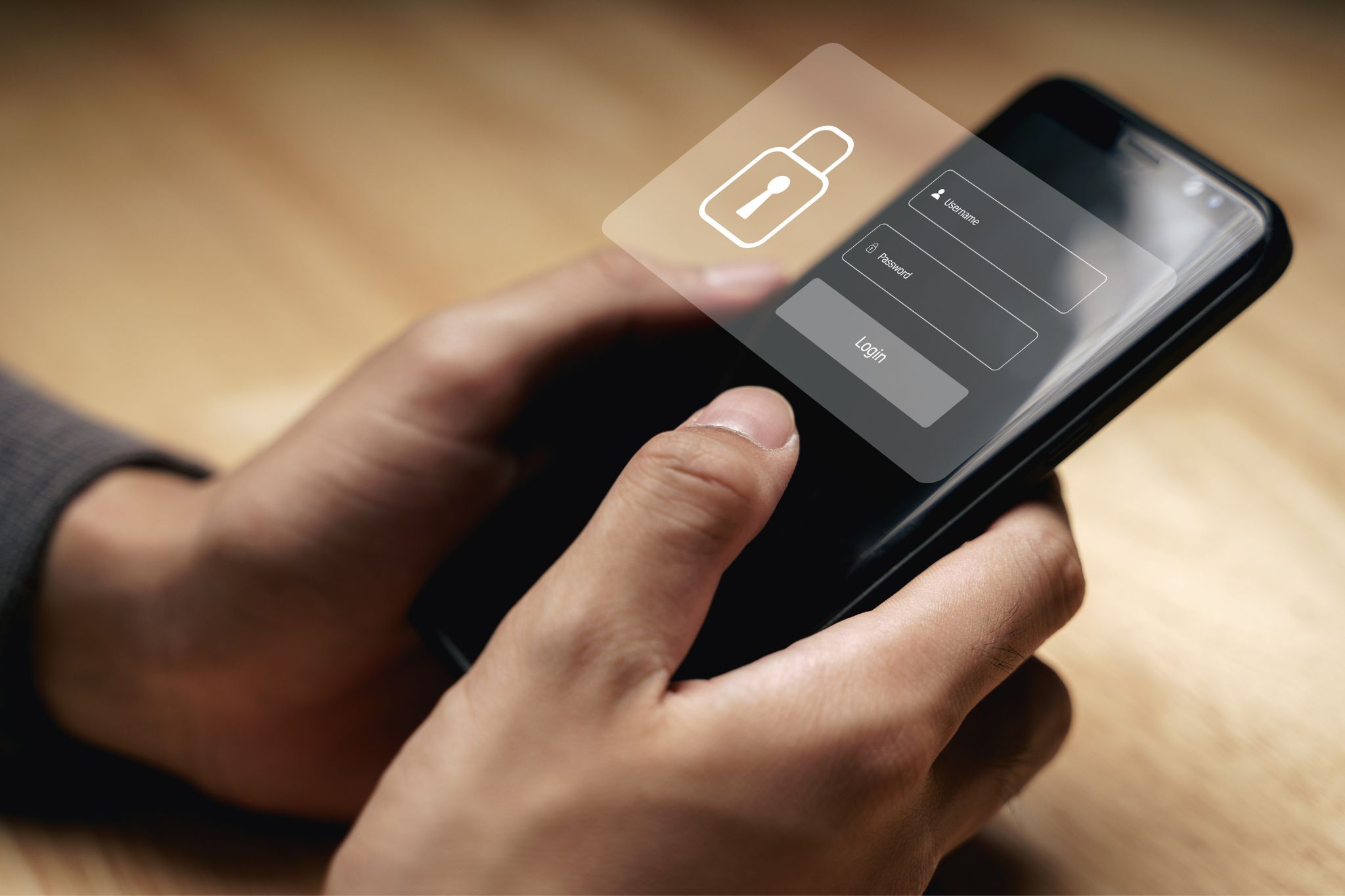
An iCloud locked iPhone is an iPhone that has been locked by Apple’s Activation Lock feature. This feature is designed to prevent anyone else from using your iPhone if it’s lost or stolen. However, some sellers may try to sell iCloud locked iPhones at a low price.
Buying an iCloud locked iPhone is a risky proposition. Without the original owner’s Apple ID and password, you won’t be able to use the iPhone. In fact, it’s illegal in many places to buy or sell iCloud locked iPhones. If you come across a cheap iPhone that’s iCloud locked, it’s best to steer clear.
Blacklisted iPhones: A Bad Apple in the Bunch
Finally, blacklisted iPhones are iPhones that have been reported as lost or stolen and have been blacklisted by carriers. A blacklisted iPhone won’t be able to connect to any carrier’s network, making it essentially useless as a phone.
Sellers may try to sell blacklisted iPhones at a low price, often without disclosing that the iPhone is blacklisted. If you buy a blacklisted iPhone, you’ll be stuck with a device that you can’t use for calls, texts, or mobile data. Therefore, it’s crucial to check if an iPhone is blacklisted before buying it.
Conclusion
While a cheap iPhone may be tempting, it’s important to understand why the price is so low. Whether it’s a refurbished, repaired, used, replica, iCloud locked, or blacklisted iPhone, each comes with its own set of risks and considerations. By being informed, you can make a smart decision and avoid falling for a deal that’s too good to be true. Better yet, don’t risk buying second hand phones on your own! Purchase refurbished phones from Direct Cell for safe, reliable and worry-free purchases!
FAQs
1. Are refurbished iPhones good to buy?
Yes, refurbished iPhones can be a good buy, especially if they’re refurbished by Apple or a reputable third-party seller. They undergo rigorous testing to ensure they meet the same quality standards as new iPhones.
2. How can I tell if an iPhone has been repaired with cheap parts?
It can be difficult to tell if an iPhone has been repaired with cheap parts just by looking at it. However, signs may include a loose or ill-fitting screen, poor battery life, or issues with the phone’s performance.
3. Is it safe to buy a used iPhone?
Buying a used iPhone can be safe if you take the right precautions. This includes buying from a reputable seller, checking the iPhone’s condition and functionality, and verifying that it’s not iCloud locked or blacklisted.
4. How can I tell if an iPhone is a replica?
Replica iPhones often have differences in build quality, performance, and software. They may feel lighter, run slower, or have an interface that doesn’t quite match iOS.
5. What should I do if I bought an iCloud locked iPhone?
If you unknowingly bought an iCloud locked iPhone, you should contact the seller and ask for a refund. If the seller is uncooperative, you may need to dispute the transaction with your bank or credit card company.
6. How can I check if an iPhone is blacklisted?
You can check if an iPhone is blacklisted by using an online IMEI checker. You’ll need to enter the iPhone’s IMEI number, which you can find in the Settings app or on the SIM card tray.

